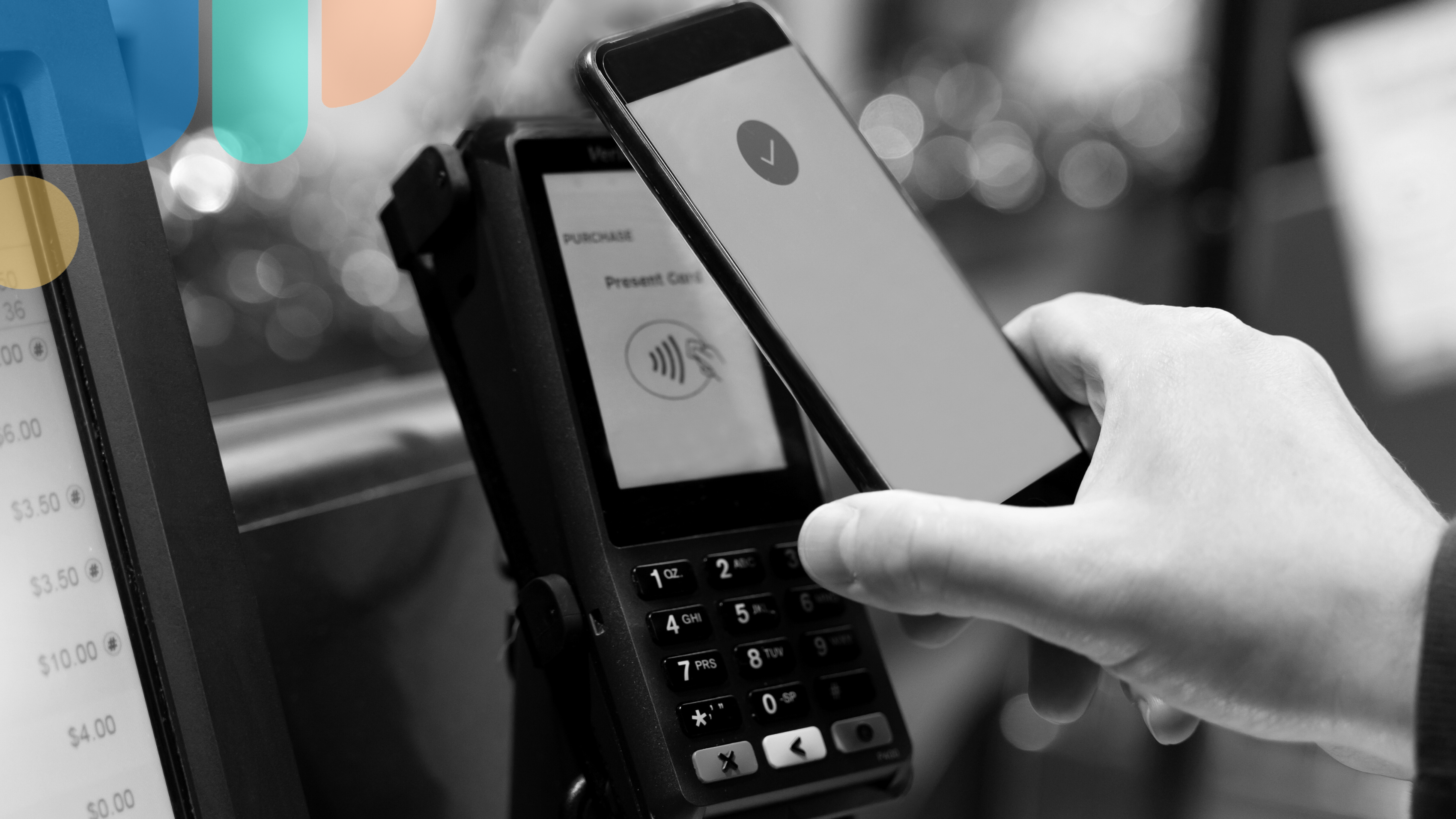
Platforms and marketplaces account for approximately 30% of global consumer purchases, but how are they powering these payments?
Building a completely in-house payment system is not a realistic or cost-saving option for most businesses. Supplementing a payments strategy with third-party providers can help you establish a trustworthy and efficient checkout process that satisfies customers and protects precious revenue.
Payment service providers, or PSPs for short, work to accomplish such goals on your behalf.
The wide breadth of services needed to process transactions effectively can quickly add new complexity to your payments stack, such as maintaining multiple relationships with different PSPs. To avoid such complications, you need a solid understanding of the role of PSPs and which key players you need to pay special attention to when managing your payments.
What is a Payment Service Provider?
A payment service provider offers businesses the tools and resources needed to process payments.
PSPs focus mainly on digital services to help merchants and marketplaces keep transactions flowing smoothly, though some may offer hardware-based solutions like POS systems.
Payment processing has many moving parts. The help of PSPs enables you to accept a wider range of payment methods and serve more customers according to their preferences. PSPs also typically play a key role in simplifying fraud detection and prevention, as well as compliance.
Are Payment Service Providers Different Than Payment Gateways?
While payment gateways fall under the PSP category, they are far from the only type of provider.
Payment gateways handle specific technical aspects of transmitting payment details to the relevant authorities, such as the customer’s bank. Online payment gateway service providers are generally responsible for encrypting data before transmission and running initial fraud checks. A payment gateway also plays an important communication role by relaying to the customer whether a transaction has been approved or declined by their bank.
However, payment gateways alone are insufficient for tasks like settling funds or managing ongoing relationships with card networks and financial institutions.
A payment gateway is merely a component of a larger payments tech stack, requiring additional PSPs to cover processes like capturing funds from the customer’s account. Every PSP is different from the next, so the scope of services available to you is highly dependent on the providers you select.

The Players in the PSP Sector
Many PSPs contribute to the successful and secure flow of digital transactions. Each has a specialized role that ensures funds move from customer to merchant efficiently.
The primary types of PSPs you’re likely to encounter when building your payments stack include:
Payment gateways
A payment gateway allows merchants to securely transmit payment data from their checkout interface to their payment processor. Gateways oversee the initial security for each transaction, handling things like encryption and tokenization after a customer enters their information.
Payment gateways can also communicate specific criteria for routing the payment, such as payment method or geographic location. Working with more than one payment gateway provider can be essential for merchants operating in multiple different countries to ensure optimal authorization rates.
Payment processors
The payment gateway sends the data to the payment processor, who verifies the transaction. Third-party payment processors are the main alternative to opening and maintaining a merchant account. They typically offer lower-cost services and flat-rate pricing compared to merchant account providers.
Many payment processing providers also offer payment gateway services.
Card networks
Major card networks like Visa, Mastercard, Discover, and American Express play an important role in determining PCI DSS policies and in facilitating communication between banks. These networks establish the standardized rails for other PSPs to transmit information.
Issuing banks
An issuing bank is the financial institution that issues payment cards to customers.
These banks verify that the cardholder has sufficient funds to complete a transaction and validate the cardholder’s identity during the payment process. Card networks send the authorization request to the issuing bank for evaluation, after which the bank sends back an approval or denial.
Acquiring banks
Acquiring banks partner with merchants to accept card payments.
Their role is to receive payment authorization requests from the processor and, if approved, settle the funds to the merchant’s account. Acquiring banks are responsible for ensuring compliance with card network rules and handling disputes or chargebacks.
Full-service PSPs and open payments platforms
Some PSPs offer comprehensive services to manage the entire payment value chain under one roof.
These PSPs will combine different functionalities such as payment gateways, payment processing, and fraud prevention into a single, full-stack solution. Consolidating these layers achieves simpler integrations of new PSPs and allows for a consistent technical experience.
A full-service PSP can be particularly valuable to merchants that want to reduce their vendor complexity while still accepting multiple payment methods across multiple geographies.
Unfortunately, sometimes opting for a sole, full-service provider can lead to problems like vendor lock-in. Although you want a payment services provider that helps you streamline your tech stack, it’s equally important to keep that tech stack diversified.
Open payments platforms offer an alternative to a full-service PSP. Rather than committing to a single provider, an open payments platform gives you the freedom to integrate as many PSPs as you need while keeping all of the technical aspects unified on one platform.
Who are the Industry Leaders?
We’re living in a world where there are countless PSPs for you to choose from. The providers you choose play an essential role in supporting your business growth efforts.
Some of the top industry leaders in the PSP sector include:
- Worldpay: Worldpay operates as a global acquirer across more than 140 countries. Its proficiency in supporting payments across many different methods and currencies allows merchants to grow internationally with minimal friction.
- PayPal: PayPal is a household name in digital payments, especially for account-to-account and peer-to-peer transactions. Ease of use is a key design feature of PayPal, making it a favored payment method for customers all over the globe.
- Cybersource: Cybersource is a payment platform and fraud management provider known for tailoring its services for eCommerce. As an official Visa-backed solution, Cybersource is trusted by enterprise merchants for achieving scalable and secure payments.
- Checkout: Checkout offers a global payment platform with unique features like real-time analytics. The main objectives of the Checkout platform are to help merchants maximize payment acceptance rates while also minimizing processing costs.
- Stripe: Stripe has excellent name recognition among merchants, and for good reason. Widely recognized for its developer-first approach, Striple provides a customizable platform with solutions for payment gateways, payment processing, and other payments-related services.
Getting Started with a Payment Service Provider
Payment service providers streamline the digital payment process from start to finish.
The process begins when a customer initiates a payment, whether through a website, mobile app, or physical point of sale. PSPs capture and encrypt the payment details via a payment gateway, then forward the transaction to a payment processor to connect the payment to the appropriate card network and banks. After approval, funds are transferred from the customer’s account to the merchant’s account, typically within one to two business days, depending on the settlement terms.
This multi-step process can enable you to accept a wide range of payment methods with minimal friction and maximum speed. Use cases for PSPs span many industries, such as:
eCommerce
Ecommerce merchants rely on PSPs to manage online checkouts and prevent fraud.
PSPs give merchants the necessary support for multiple payment methods including cards, digital or mobile wallets, and Buy Now, Pay Later options. A retailer selling internationally, for example, needs a PSP that supports multi-currency payments and regional payment methods to maintain high approvals and low customer drop-off rates.
Ticket sales
Whether for concerts or public transportation, PSPs can help merchants who deal in ticket sales to process high-volume transactions. Speed and uptime are critical during peak sales periods. PSPs can offer you scalable technology and flexible tools that aid in managing fluctuating demand levels.
Subscription services
Subscription-based services, like streaming platforms or SaaS providers, can use PSPs to simplify recurring billing processes. A PSP can also enhance the security of a subscription service through the use of tokenization and other modern security measures. Even in-person business use PSPs to accept contactless, recurring payments (think gym memberships, social clubs, etc.).
Spreedly’s Multiple PSP Strategy
Why choose one PSP when you can integrate multiple?
Locking in with a single provider comes with operational problems should issues arise with that provider. What Spreedly offers is a comprehensive hub for connecting all of the services you need into a central platform, including multiple payment gateways and payment processors.
With Spreedly’s Connect solution, you can build a payments stack that matches your needs and goals. Connect introduces a payment orchestration layer from which you can configure and manage all of your payment services without having to communicate with every PSP in your payments ecosystem.
Spreedly’s open payments platform improves upon online fraud prevention strategies by enhancing behavioral monitoring and building compliance requirements directly within the platform.
We’ve said it once and we’ll say it again:
Successful payments depend on your ability to remain adaptable in different payment scenarios.
Your Payment Performance Depends on Your PSPs
A multi-provider approach to PSPs gives your business the flexibility to optimize payments without being restricted by the limitations, pricing models, or policies of a single provider.
Spreedly makes this approach seamless through a single, normalized API that simplifies integration with a wide range of PSPs. You can test, route, and manage transactions through different providers without disrupting the end-user experience.
Our platform’s unified dashboard makes it easier than ever to oversee all your payment provider connections and monitor your payment performance.
Ready to future-proof your payments strategy?
Get in touch with our team today.





